No products in the cart.
Soya Beans سویا بین
Price range: ₨ 450 through ₨ 800
- Premium Quality
- Fresh
- Organic
- Chemical free
- Safely processed and packed
Overview:
Soybeans, scientifically known as Glycine max, are a versatile and nutritious legume that has been cultivated for thousands of years. They are native to East Asia and are a key source of protein and oil in many diets around the world. Soybeans are typically grown as an annual crop. They thrive in warm climates with well-drained soil and require a frost-free growing season. The plants can reach heights of 2 to 6 feet, producing pods containing 2-4 seeds each.Soybeans are highly valued for their nutritional content. They are an excellent source of high-quality plant-based protein, containing all essential amino acids. Additionally, soybeans are rich in dietary fiber, vitamins (such as B vitamins) and minerals (including iron, calcium, and magnesium). They also contain compounds called phytochemicals, such as isoflavones, which have been studied for potential health benefits.
Benefits:
Soybeans are an excellent source of plant-based protein, containing all essential amino acids. This makes them a valuable protein option for vegetarians and vegans.
Soybeans contain compounds called isoflavones, which have been linked to potential cardiovascular benefits. Regular consumption of soy may help lower LDL cholesterol levels and reduce the risk of heart disease.
The isoflavones in soybeans may also have a positive impact on bone health. They might help reduce bone loss and improve bone density, particularly in postmenopausal women.
Some women find relief from menopausal symptoms, such as hot flashes and night sweats, by consuming soy products due to their natural phytoestrogen content.
Research suggests that the isoflavones in soybeans could have protective effects against certain types of cancers, including breast, prostate, and colon cancer. However, the evidence is still evolving in this area.
The dietary fiber in soybeans can aid in digestion and promote a healthy gut by supporting regular bowel movements and feeding beneficial gut bacteria.
Soybeans are relatively low in calories and fat while being rich in protein and fiber. Including soy-based foods in your diet can help promote satiety and contribute to weight management.
Soy consumption might help improve insulin sensitivity and blood sugar control, making it potentially beneficial for individuals with type 2 diabetes.
Soybeans contain antioxidants, such as vitamin E and isoflavones, which can help protect cells from oxidative stress and reduce the risk of chronic diseases.
The isoflavones in soy have been studied for their potential to improve skin health, including reducing the appearance of wrinkles and maintaining skin elasticity.
Soy isoflavones may also contribute to maintaining healthy hair by promoting hair growth and reducing hair loss.
How to Use:
- Food: Soybeans are processed into a wide range of food products, including tofu, tempeh, soy milk, and various meat and dairy alternatives. These products are popular among vegetarians and vegans due to their protein content.
- Cooking Oil: Soybean oil is one of the most widely consumed vegetable oils worldwide. It is used in cooking, frying, baking, and salad dressings.
- Animal Feed: Soybean meal, a byproduct of soybean oil extraction, is a valuable source of protein for animal feed, particularly in the livestock and poultry industries.
- Industrial Uses: Soybeans have industrial applications as well, including in the production of biodiesel, biofuels, and various industrial products.
Nutrition Value:
100 Grams of Cooked Soya Bean Contain:
Calories: Approximately 173 kcal
Carbohydrates: Around 9.9 grams
Dietary Fiber: Roughly 6 grams
Sugars: Approximately 1.5 grams
Protein: About 16.6 grams
Fat: Around 9 grams
Saturated Fat: Approximately 1.3 grams
Monounsaturated Fat: Roughly 2.2 grams
Polyunsaturated Fat: Approximately 4.8 grams
Omega-3 Fatty Acids: About 0.68 grams
Omega-6 Fatty Acids: Approximately 4.08 grams
Vitamin K: Approximately 47 micrograms
Folate: Roughly 165 micrograms
Vitamin C: Around 6 milligrams
Vitamin E: Approximately 0.9 milligrams
Iron: About 3.6 milligrams
Calcium: Approximately 277 milligrams
Magnesium: Roughly 86 milligrams
Potassium: Around 515 milligrams
Phosphorus: Approximately 194 milligrams
Zinc: About 2.2 milligrams
Additional information
| Weight | 500 Grams, 1000 Grams |
|---|

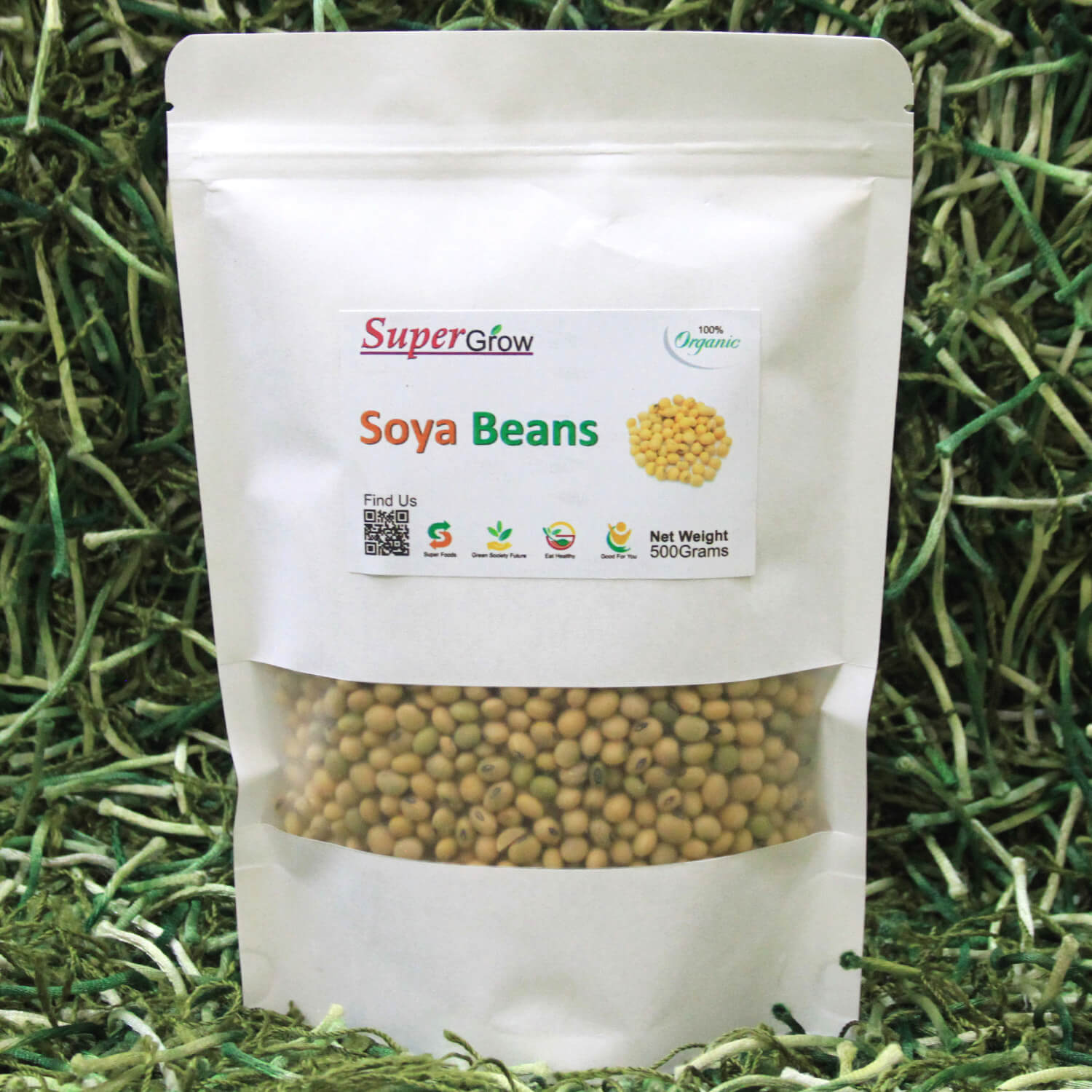



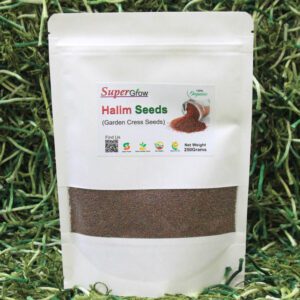
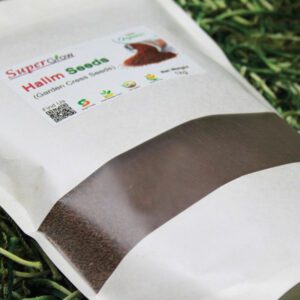


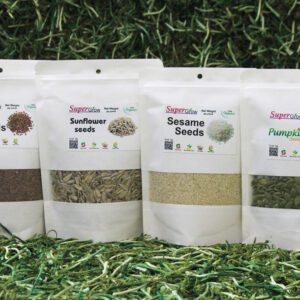

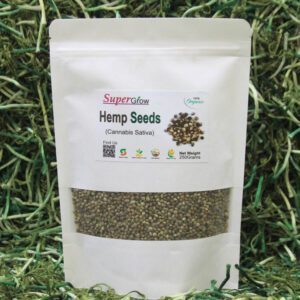
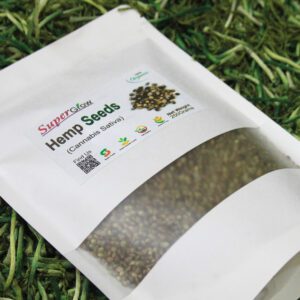

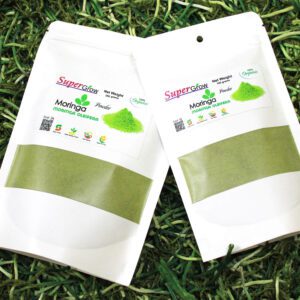

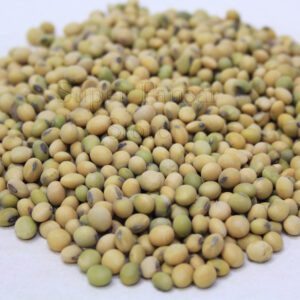
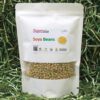
Reviews
There are no reviews yet.